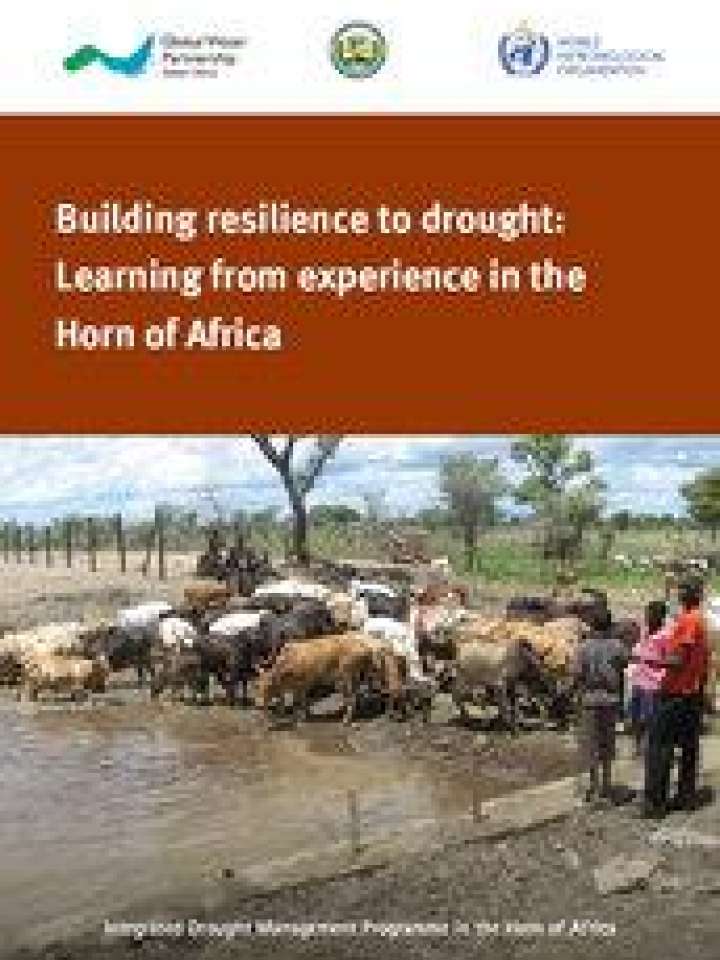Building resilience to drought: Learning from experience in the Horn of Africa
This publication shares lessons learned from innovative drought and water security demonstration projects conducted by communities and partners in Ethiopia, Kenya and Uganda. In preparing this document, the country facilitators reviewed 10 documented case studies of interventions in drought and water security with a view to consolidating general lessons and examples of good practice that could be replicated elsewhere in the region.
The key lessons learned are the following (p. 3):
- Initiatives driven by communities themselves create a sense of ownership and are more effective and sustainable.
- While ‘bottom-up’ action is more sustainable, there is also a need for high-level political support to create an enabling environment for broad stakeholder participation.
- Taking a landscape approach ensures all aspects of a problem are considered but requires effective implementation of appropriate regulatory frameworks governing natural resource use.
- An integrated and participatory approach to water management will drive equitable and sustainable benefits and requires strong community governance structures.
- Organising farmers and other stakeholders into groups creates an entry point for information, training and action and gives people encouragement to adopt new ideas.
- Active participation and coordination among different stakeholder groups promotes learning and strengthens decision-making, helping to integrate development programmes into local government structures and ensuring appropriate support is provided to communities.
- Linking project interventions to specific livelihoods, activities, needs and interests enhances understanding of the importance of natural resources and the benefits of sustainable development.
- Sustainability strategies need to be introduced at the identification stage of all project appraisals.
- Demonstration sites and appointing ‘champions’ or recruiting opinion leaders encourages adoption of new technologies.
Explore further
